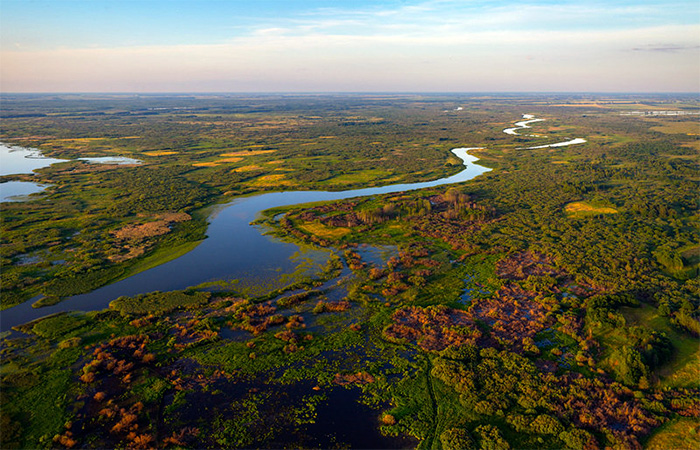What associations do you have when the Sporaŭski Reserve word combination is reiterated? As one can easily assume, 99% of the respondents will answer “the aquatic warbler, the birds, bird watching, the warbler once again, and, of course … the Sporava Hayfields! Some better informed biologists may say that one could also add the red-listed gentiana and lady’s slipper. It is all correct, but far from the full list of the assets of Sporaŭski Reserve, which lies in four districts of Brest Region including four rural councils in Biaroza District: Mižliessie, Zdzitava, Stryhiń and Sporava.
The region indisputably possesses some unique natural riches; still, it has people and local authorities who are willing to cooperate, as well as historical and cultural assets and traditions that are passed down through generations.
The series of activities provided by the project on Landscape-Oriented and Community-Led Rural Area Development of the Jasieĺda River, which is financed by the EU and implemented by Biaroza District Executive Committee, is carried out exactly for the purpose of identifying the advantages and opportunities offered by the area. Groups of local residents willing to take part in further project activities are set up to hear the views of the local public. One of the objectives is to reconcile the local residents’ and expects’ visions, and find some new areas for entrepreneurship development for the benefit of the area biodiversity.
The approach applied in the project is notable for the active engagement of the local community, and the focus on opportunities, rather than problems alone. The team takes into account both financial/tangible resources of the project area and intangible ones, such as culinary traditions or folk crafts.
The work with active community members allows finding and, sometime, recalling the lost treasures of Biaroza District and identifying new business opportunities. Sporava fish, polka, Zdzitava fair, games, folk festivals, museum of humour, Borejsza’s estate, women’s crafts club, proximity of large farms for developing mutually beneficial cooperation, and availability of vacant space – all these make just a small part of the business development resources identified by the initiative group members in their area assessments.
According to some preliminary estimates, 5-10% of the able-bodied population are willing to become entrepreneurs under favourable circumstances. Local residents name the following prospective business areas: agriculture with organic production; development of craftsmanship, consumer services and transportation services, such as taxi or merchandise delivery.
The residents pay special attention to the development of tourism. The suggested options vary from agri/eco-tourism to ethno-tourism, arrangement of excursions, event tourism, nautical tourism, hospitality and restaurant business. The list of tourism-related suggestions could go on and on, as Sporaŭski Reserve is rich with natural resources, and local residents are willing to work and develop in this direction. The efforts of the experts and community have also led to some rather unorthodox business ideas, such as collection, processing and sale of wooden materials, medicinal herbs and berries, wine and jam-making, arrangement of fishing, kayaking, drifting competitions and creation of an amusement park.
Summing up the first phase of the work with rural council initiative groups, one may say that the regions offers opportunities for the development of both entrepreneurship and craftsmanship. The project will allow residents to try their hand as entrepreneurs. The project will support the best business ideas for the region within the local initiative contest. The contest is scheduled in the second half of this year.
 03.04.2020
03.04.2020





